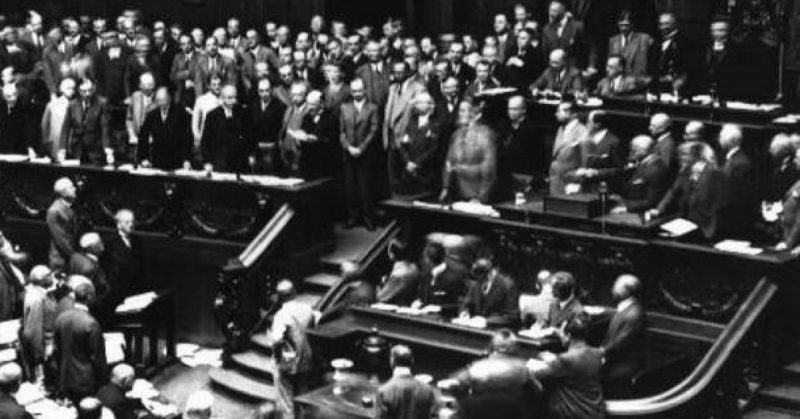The rise of Adolf Hitler and the National Socialist German Workers’ Party (Nazi Party) involved many factors. The combination of the economic depression that occurred in 1930, the humiliation of defeat in World War I, and the huge war reparations owed to Allies of WWI made for a bleak time in Germany.
Although the economy was bad around the world, Germans believed the high unemployment and its related despair were the fault of the Weimar Republic that had been in charge from 1918 to 1933. Close to two million of Germany’s promising youth had been killed in World War I and more than four million had come home wounded. Severe food shortages from the Allied blockades were causing malnutrition and starvation, especially among the children and the elderly.
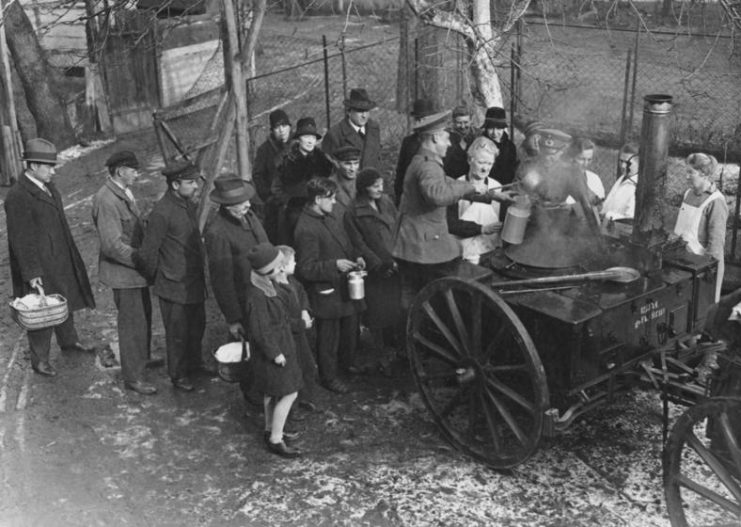
Emperor Friedrich Wilhelm Viktor Albert von Hohenzollern, the grandson of Britain’s Queen Victoria, became Emperor in 1888 and quickly established himself as an ineffective ruler who was prone to emotional outbursts, offending other countries in the process.
By 1914, he was very much out of touch with world politics and believed he would have the support of his British cousins and other Allied countries when Austrian Archduke Franz Ferdinand was assassinated in 1914. By 1918, he was forced to abdicate due to the public and military loss of confidence in his leadership. Germany was taken over by the military under General Paul von Hindenburg and General Erich Ludendorff.
Increasing problems and violence between the liberal and conservative parties caused Heinrich Brüning, who became Chancellor in 1930, to institute deep cuts in social programs, hurting the poor even more and angering much of the public. The social and political unrest gave a young Austrian, who blamed Wilhelm II for Germany’s defeat, a voice in politics, and once Adolf Hitler got his foot in the door, he changed the world.
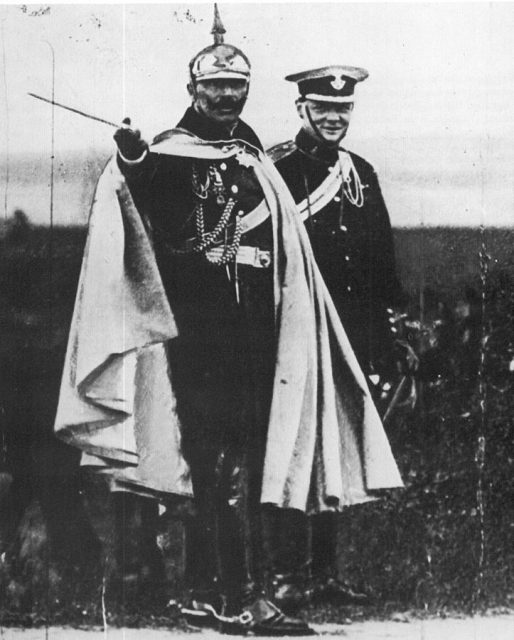
After World War I, Paul von Hindenburg had declared that Germany was the victim of Communist and Jewish plots, thereby sowing the seeds for the Holocaust. Hitler, a powerful orator, found a following as he promised to bring Germany back to the stage of the world powers.
He made extensive use of propaganda, causing the German people to believe Communists were intent on taking over Germany and that the Jewish citizens of the world were conspiring against Germany, using these lies to promote a movement of isolationism.
Communists were specifically attacked, and he promoted the idea that they were destroying the very foundation of German society. Joseph Goebbels, Hitler’s Minister of Propaganda, even suggested a wall be built to keep undesirables out of Germany.
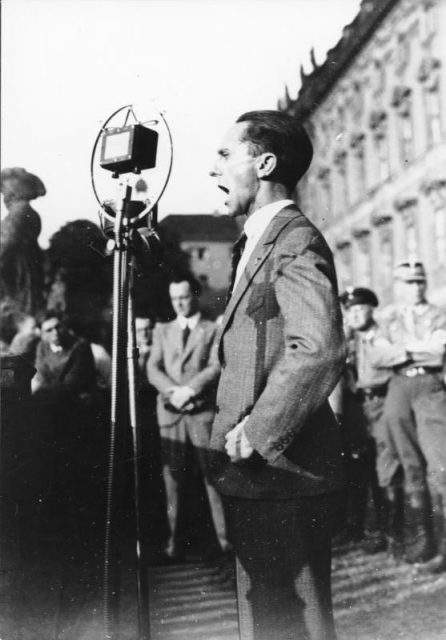
Elections became a farce as the National Socialist party used intimidation, lies, and force to influence voters. Hitler had crushed all free-thinking opponents along with any authors, intellectuals, business people, and artists with differing opinions who could see the storm that was brewing. Hitler created so many lies that he even started believing them himself.
He controlled the press and disposed of anyone who dared write the truth. German industrialists, once excited to have a an anti-communist in power slowly realized the mistake they had made and began to oppose him. This brought about the Night of the Long Knives that took place over three days in 1934.
Hitler had many of his opponents in his own party, as well as any others he viewed as dangerous to his regime, assassinated by his SS Stormtroopers to make sure there would be no political uprising in the future. It is believed that there were as many as six hundred victims of the purge.
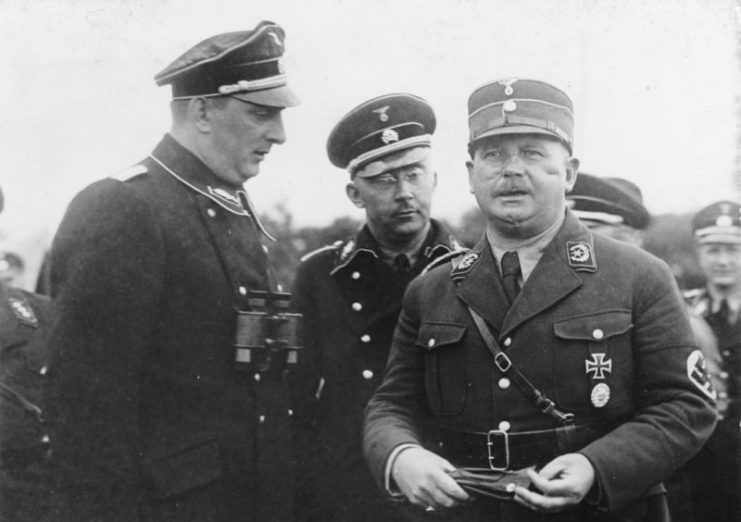
Two highly acclaimed non-partisan books have been recently published by respected authors in the field of democracy and history.
Benjamin Carter Hett has recently published THE DEATH OF DEMOCRACY Hitler’s Rise to Power and the Downfall of the Weimar Republic with Henry Holt and Company, a thoughtfully written historical account of Hitler’s rise to power and how to recognize the rise of fascism.
Daniel Ziblatt and Steven Levitsky, both political scientists, have published a title along the same vein, with Random House, How Democracies Die, an honest, historical account of how dictators legally rise to power.
